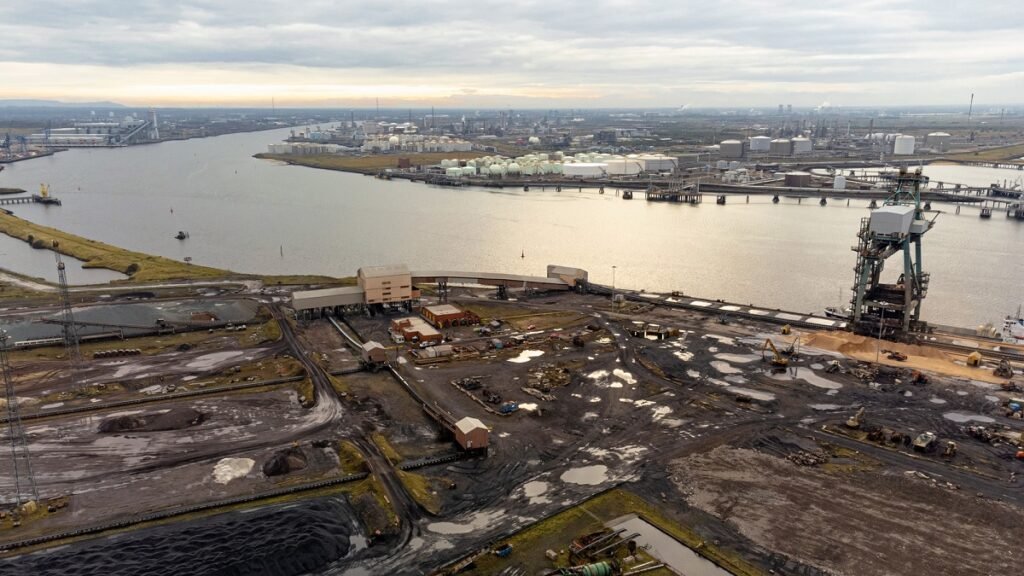BP strengthens Teesside’s hydrogen transport hub credentials
BP is planning a new large-scale green hydrogen production facility in the north-east of England that could deliver up to 500MW of hydrogen production by 2030.
To be developed in multiple stages, HyGreen Teesside is expected to begin production by 2025, with an initial phase of some 60MW of installed hydrogen production capacity.
A final investment decision on the project is expected in 2023.
Together with the proposed Net Zero Teesside power project, BP said its projects are expected to further support economic development and regeneration in the region.
This includes jobs in both the construction and operation phases, local education and skills development and will support a skilled UK-based hydrogen supply chain.
Furthermore, HyGreen Teesside is expected to fuel the development of Teesside into the UK’s first major hydrogen transport hub, supporting decarbonisation of heavy transport, airports, ports and rail in the UK.
BP senior vice president for hydrogen and CCUS, Louise Jacobsen Plutt, said, “Low carbon hydrogen will be essential in decarbonising hard-to-abate industrial sectors including heavy transport. Together, HyGreen and H2Teesside can help transform Teesside into the UK’s green heart, strengthening its people, communities and businesses. This is exactly the type of energy we want to create and more importantly deliver.”
Transport Secretary Grant Shapps added, “This exciting project builds on our ongoing development of hydrogen in the area through the Tees Valley Hydrogen Transport Hub. It’ll help pave the way for its use across all transport modes, creating high-quality, green jobs in the process.”
The combined 1.5GW capacity of HyGreen Teesside and H2Teesside could deliver 30% of the UK Government’s target of developing 5GW of hydrogen production by 2030.
Tees Valley Mayor Ben Houchen said, “This is yet another coup for the region as we lead the UK in creating the cleaner, safer and healthier jobs and communities of the future. We’re quickly becoming the go-to place for innovation in the hydrogen sector, thanks to our status as the UK’s first hydrogen transport hub and BP’s commitment with other schemes, such as Net Zero Teesside and H2Teesside.

